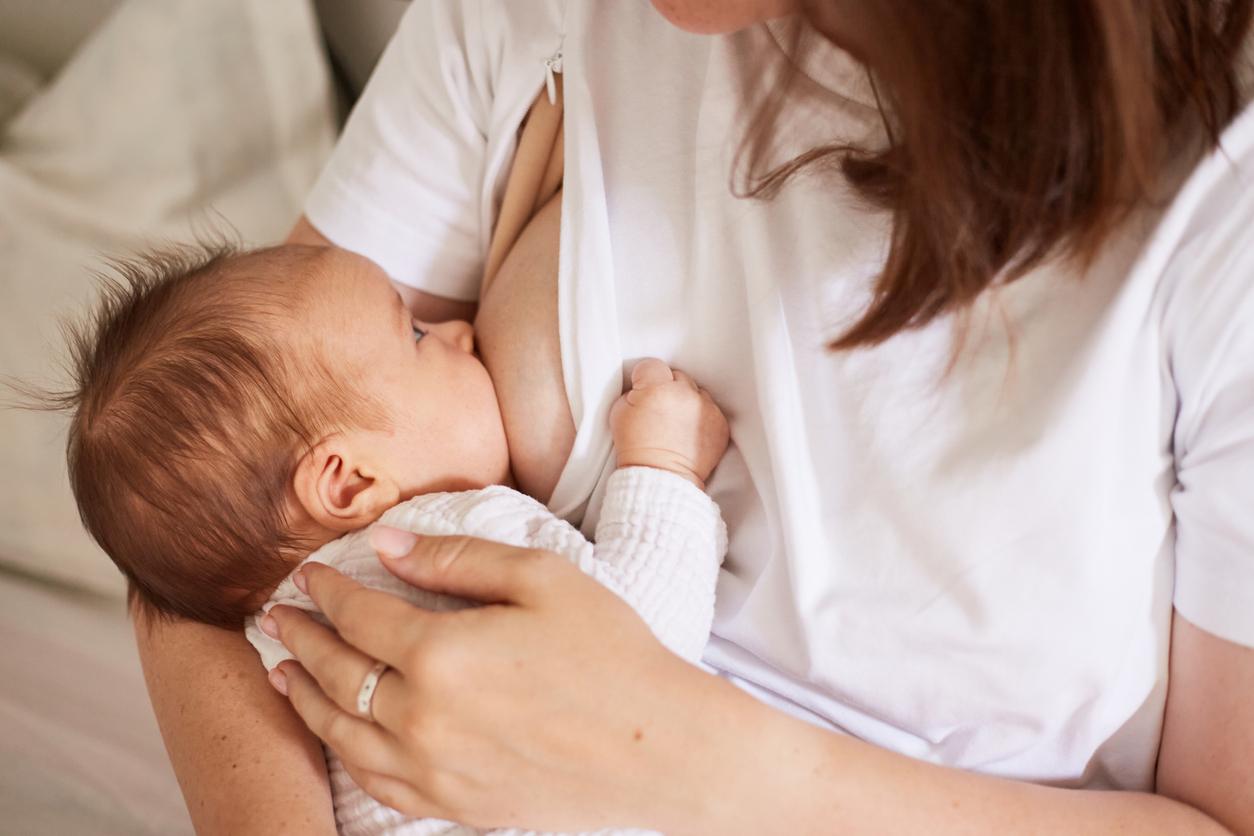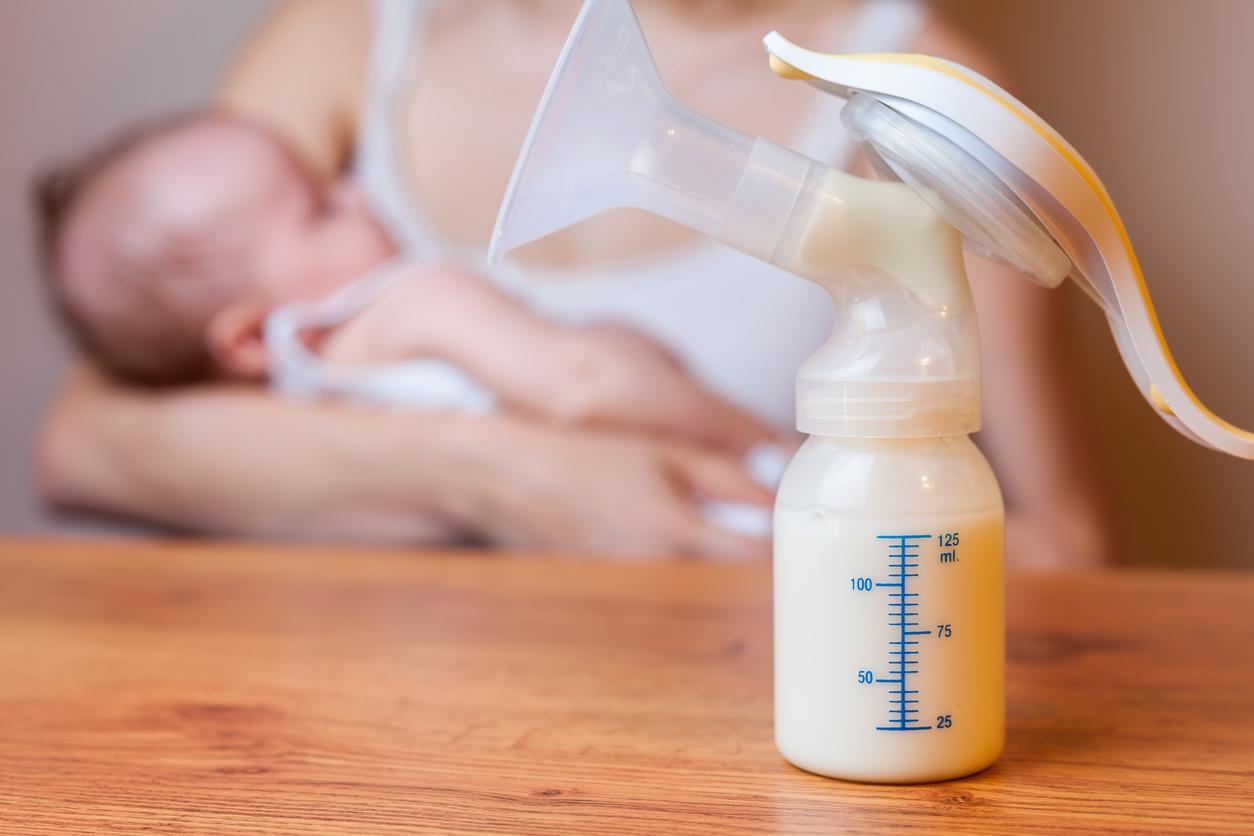Buying breast milk on the web has become a real fashion trend in the UK. Health authorities emphasize the risks of this practice.

Breast milk is the product that every Briton has been snapping up on the web since this summer. An increasingly popular … and lucrative business. A liter of milk can indeed bring in up to 80 euros.
It must be said that the demand is important. It comes from young parents as well as from fetishists, sick people and athletes convinced of the health benefits of milk.
However, the risks associated with this practice are numerous. In June, a study published in the Journal of the Royal Society sounded the alarm, explaining that drinking this milk could expose consumers to infectious diseases, such as syphilis, AIDS or hepatitis.
E Coli and Candida
This week is a BBC investigation which warns about the dangers presented by breast milk sold on the Internet. The journalist pretended to be a father of an infant in order to buy 12 samples of milk on several sites, including one of the most famous, Only The Breast.
Milk which was then analyzed by researchers from theCoventry University. The results are hardly brilliant: four samples contained E Coli bacteria, two contained Candida yeast (which can infect mucous membranes) and finally one showed traces of the deadly bacterium Pseudomonas aeruginosa.
In fact, while breast milk is often considered the best possible nutrition for a baby, products purchased on the Internet cannot be considered beneficial. They are distinguished by their dangerousness because it is impossible to know how and for how long the milk has been stored. It is not pasteurized and is sometimes cut with other liquids, especially water or plant milk. Under these conditions, the presence of bacteria in milk is not surprising.
Public health problem
Across the Channel, this trade is not illegal. However, the scale of the phenomenon has pushed the Food Standards Agency, the British food safety agency, to react. His spokesperson said that this is an important public health problem, which the government must now address.
For mothers who wish to donate the milk they have extra, the agency recommends doing so through “official” channels, that is to say with the NHS, which operates milk banks for premature babies.
In France, only lactariums, collection centers for breast milk donations are authorized to collect, process and distribute it.
.

















